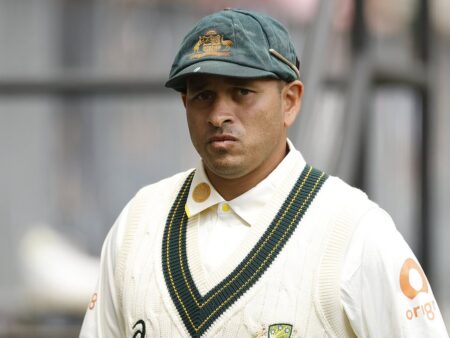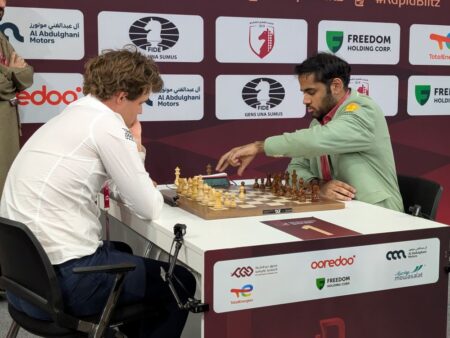South African player Rassie van der Dussen has highlighted the added pressure on India at the Champions Trophy due to the unique advantages they possess, unlike other participating nations.
During a press conference, Van der Dussen pointed out that India benefits significantly from staying in one location throughout the tournament. This includes residing in the same hotel, practicing at consistent facilities, and competing at the same stadium with familiar pitches.
He emphasized that this arrangement undeniably provides an edge to India. According to Van der Dussen, this advantage places greater expectations on the Indian team. Opposing teams potentially facing India in later stages will have to adapt to unfamiliar conditions, whereas India will be well-acclimatized.
Van der Dussen stated that the pressure is on India to capitalize on their in-depth knowledge of the local conditions to achieve success in the tournament.
India’s situation is distinct from the other seven teams as they haven’t had to travel for their matches. They have played and won against Bangladesh and Pakistan in Dubai and are scheduled to face New Zealand there as well. Having already secured a semi-final berth, India will continue to play in Dubai, including the final if they qualify.
This unusual scenario arises from the Board of Control for Cricket in India (BCCI)’s decision to not send their team to Pakistan due to security concerns and political factors. Allowing India to remain in a neutral venue for the duration of their Champions Trophy campaign was a necessary compromise to ensure their participation.
The financial implications of an ICC tournament without India are substantial, making it practically unthinkable. It is questionable whether other cricket boards, which contribute less financially to the ICC compared to the BCCI, would receive similar accommodations.
In contrast, the other teams have been playing their matches across different cities in Pakistan like Karachi, Lahore, and Rawalpindi, except when playing against India. Van der Dussen used the example of South Africa’s team who played in Karachi, then traveled to Rawalpindi, and then back to Karachi, highlighting the travel and logistical challenges they face while India remains stationed in Dubai.
Van der Dussen described the situation as “strange,” noting the disjointed feeling of extended periods between matches and the constant cycle of training sessions while other teams are actively competing.
Despite acknowledging the missed opportunity of a potentially exciting match against Australia (which was washed out), he recognized that such is the nature of the tournament.
He also mentioned South Africa’s strong performance against Afghanistan and the importance of maintaining momentum despite the unusual schedule.
Van der Dussen’s observations are echoed by others within the cricket community. Pat Cummins, for instance, acknowledged India’s significant advantage due to playing all their games in Dubai.
Similarly, Pakistan’s head coach Aaqib Javed also pointed out the inherent advantage India gains from consistently playing in Dubai.
Javed clarified that while India has an advantage, Pakistan’s loss to India wasn’t solely attributed to these external factors.
What makes Van der Dussen’s perspective particularly noteworthy is that he is an active player in the tournament. His comments could potentially create on-field tension if South Africa were to face India in the crucial stages of the competition.
However, known for his resilience, Van der Dussen, a seasoned player with extensive international experience, is unlikely to be easily intimidated, possibly explaining his candid remarks.
Ultimately, it remains to be seen whether Van der Dussen’s statements will have any tangible impact should South Africa and India face each other in the tournament.










